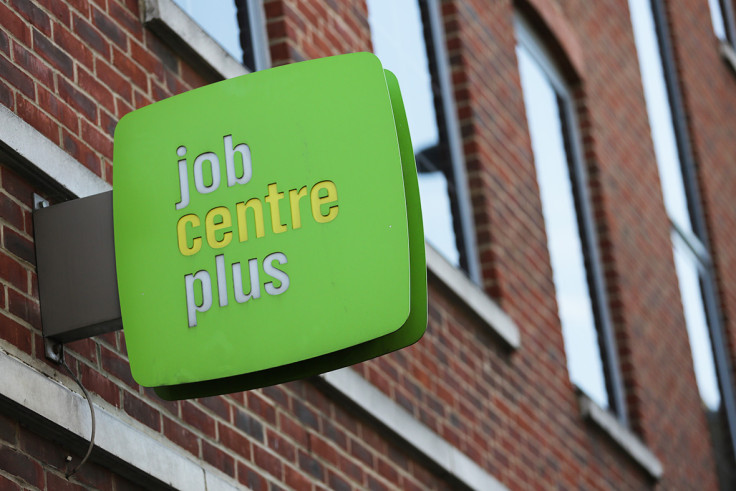UK unemployment falls to historic lows - but squeeze on household wages tightens
The numbers in work hit the highest total since records began, but real wages fell by 0.5% year-on-year.

UK unemployment has fell to a fresh low – but the squeeze on households showed little sign of easing as wages lagged behind inflation for a third month in a row.
The jobless rate fell by 64,000 to 1.49 million in the three months to May, according to the Office for National Statistics (ONS). It meant the unemployment count fell by 0.2% to its lowest since 1975, at 4.5%.
But earnings, excluding bonuses, rose by 2% year-on-year, well behind inflation, which neared a four-year high of 2.9% in May.
When the impact of inflation is factored in, real weekly wages fell by 0.5% compared with a year earlier.
Employment minister Damian Hinds said: "These latest statistics are another reminder that our strong economy is giving record numbers of people the chance to find and stay in work."
Those in work climbed to around 32 million, a rise of 324,000 on last year and the largest total since records began in 1971.
But ONS senior statistician Matt Hughes said: "Despite the strong jobs picture, there has been another real-terms fall in earnings, with growth in weekly wages low and inflation still rising."
TUC general secretary Frances O'Grady said: "Three months of falling pay is three months too many. Ministers must set out a plan to get real wages rising across the public and the private sectors.
"They should start by scrapping the unfair pay restrictions on nurses, midwives and other public sector workers. And the minimum wage must be raised to £10 as quickly as possible."
The data comes a day after Matthew Taylor set out how employment rights and zero hours contracts should be managed in today's tech-driven economy.
Bargaining power
GMB General Secretary Tim Roache said: "Yesterday, Matthew Taylor called for more quality jobs – well these figures show they just aren't there.
"The fact wages are dropping like a stone means millions of working people are struggling to make ends meet."
The rise in the cost of living has been driven by the collapse in the pound following the Brexit vote, which makes imports more expensive.
It has resulted in real terms wages going backwards for the first time since 2014 – when they emerged from a five-year period of decline following the financial crisis.
Hargreaves Lansdown senior economist Ben Brettell said: "The UK labour market is becoming increasingly difficult to interpret. Conventional economic theory suggests that low unemployment should ultimately lead to upward pressure on wages – but there has been scant evidence of this during the latest squeeze on household finances.
"Perhaps workers simply don't have the bargaining power they once did."
The Bank of England has been watching wage growth closely to gauge whether rising inflation is creating sustained pressure on prices that may need to be addressed by hiking interest rates.
But the Bank's deputy governor, Ben Broadbent, said in an interview earlier this week he was not yet ready to vote for higher rates, dampening expectations that policy makers might lift them next month.
Alan Clarke, head of European fixed income strategy at Scotiabank, said the strong employment data would give ammunition to "hawks" at the Bank who want to raise rates while the wage data seemed to favour "doves" who want to leave rates on hold.
© Copyright IBTimes 2025. All rights reserved.





















